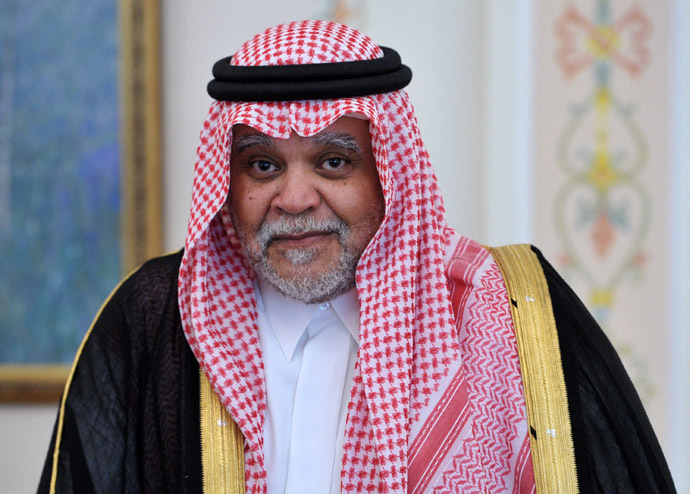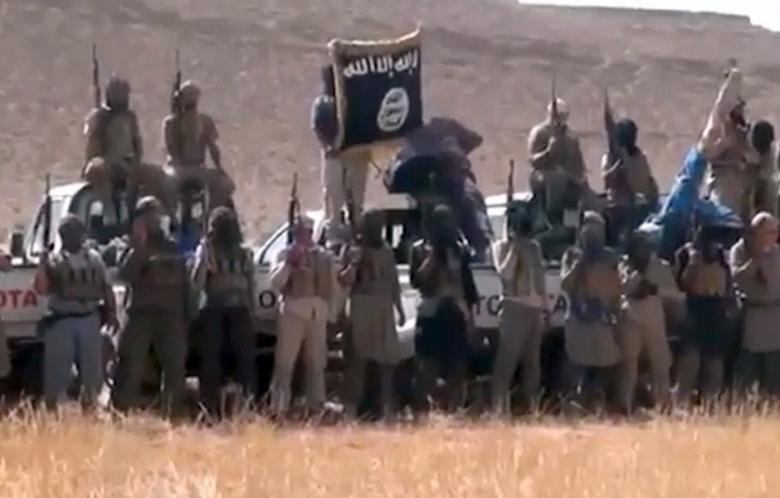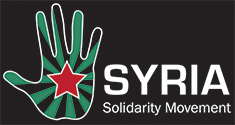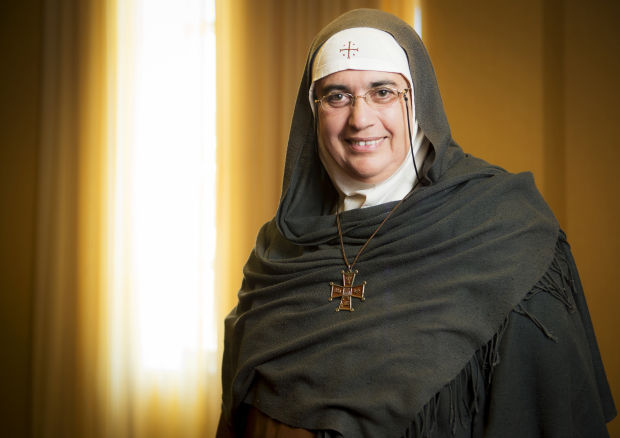Oct 15, 2013, RT.com
As Syria’s rebels refuse to take part in Geneva-2, Saudi Arabia has emerged as the primary state-backer of rebel groups now trying to escalate the Syrian conflict and topple Assad by force.
When Vladimir Putin met with Prince Bandar of Saudi Arabia in August, the newly appointed Intelligence Chief reportedly tried to cut a deal with Moscow by promising to buy billions in Russian arms and pledging not to challenge Russian gas sales to Europe in exchange for withdrawing support for Syrian President Bashar al-Assad. Though later refuted by the Kremlin, the media reports suggested that Bandar told Putin to forget about any political solution to the Syrian conflict.
In addition to being the main propagator of a militant anti-Shiite form of Islam that many rebel fighters subscribe to, the Saudi monarchy has become the chief financier of anti-Assad movements aimed at toppling the Syrian government and weakening its allies in Iran and Hezbollah. Russian diplomatic sources claim that the August 21 chemical weapons attack in the suburbs of Damascus was carried out by a Saudi-black op team with support from the Liwa Al-Islam group, a hardline militia headed by the son of a Saudi-based Salafi cleric.
Following the attack in August, Saudi Arabian diplomats pressured Obama to take military action – the collective message was, “You can’t as president draw a line and then not respect it.”
The Saudi strategy consisted of staging the August 21 attack that Assad’s forces would be credited with, and using it to support foreign intervention to topple Damascus.
The landmark chemical weapon disarmament deal hatched by Russia tripped the House of Saud and prevented US unilateral actions against Syria, but Assad’s opponents are by no means ready to explore a political solution to the conflict.
Washington claims to be working towards Geneva-2, but, like many rebel groups, maintains that Assad should resign before any talks take place. Essentially, this position is a form of blackmail of Russia and Assad’s allies – it calls for either the Western-backed opposition in exile to absorb executive power, or a prolonged military conflict. Assad’s opponents are not serious about a political solution, as demanding that one party resigns as a precondition before the other party can negotiate completely undermines the premise of dialogue to begin with.
A civil war within a civil war
The main feature of the Syrian battleground is that armed groups of the opposition are becoming more and more split and prone to infighting.
Recent fighting between the Islamic State of Iraq & the Levant group against battalions linked to the Western-backed Free Syrian Army have killed dozens in Aleppo; this discord between rebel groups paints of a picture of what Syria could look like even if Assad is toppled.
The levels of instability seen today in Libya and Iraq are an indication of how bad things can get when lawless militias are empowered in the absence of a central governing authority. If Assad’s opponents had their way in Syria, dozens of groups would take advantage of the post-Assad power vacuum to vie for control. This means that although the Baath-dominated political establishment would be toppled, it would certainly not result in an end to the conflict, only the beginning of a new and more ruthless chapter.
The Free Syrian Army is increasingly losing clout on the ground as rival groups refuse to take orders from their command structure, which is gradually being viewed with suspicion by other rebel battalions due to its links with Washington.
Islamist factions such as Jabhat Al-Nusra, the Farouq Brigade, and Jaish Al-Islam seek to form a new caliphate with Damascus as its capital. This new state would be subservient to Saudi Arabia and its brand of ideological Wahhabism and it would reject an inclusive secular framework; it would be hostile to Alawites, Shiites, Christians, and anyone branded an “unbeliever.”
In this scenario, Syria would become a global hub for jihad and those foreign fighters who took part in the war would return to their home countries and potentially carry out similar tactics used in Syria, posing a potential threat. The Pandora ’s Box of radicalism has already been opened in Syria, and the only chance of closing it will come through a partnership between the Syrian government and those groups who allege to be moderates.
Moderate war criminal vs. Radical war criminal
The distinction is often made between the radical Islamist elements and the more secular and moderate elements of Syria’s opposition, but it should not be forgotten that both camps are widely credited with war crimes by various human rights organizations.
Human Rights Watch (HRW) recently published a compelling report detailing a systematically planned campaign against civilians in the pro-government Alawite-stronghold of Latakia, where nearly 200 innocents were killed by means of torture, beheading, and execution. Although the report details how several private donors from Gulf countries contributed funds to rebel groups, the report falls short in its failure to ask tough political questions about the sources of funding.
Syria’s opposition militias are more mercenaries than rebels, and the significant resources they’ve amassed signal massive state-sponsorship. Saudi Arabia and the CIA have been the principal financiers of rebel groups, and although it is publically denied, the massive influx of arms they’ve provided for the conflict have empowered radical elements in Syria – to gloss over these realities would be negligent.

As the chief of Saudi Intelligence, Prince Bandar is now building a new strategy that would see Riyadh’s central foreign-policy goal of toppling Assad realized. As long as that goal comes to fruition, the secular or radical orientation of the militias really does not make a difference.
Bandar’s aim is to broaden Saudi Arabia’s regional clout so as to position himself strategically when the next royal succession takes place. As Washington and Riyadh evidently have no interest in a political solution, a new pretext would be required to escalate the conflict to force Assad out. If chemical weapons are used again, Assad can either be blamed for their use or blamed for allowing rebels to capture his stockpiles. Intervention can be justified on the basis of “punishing” Assad or under the mandate of peacekeeping and humanitarianism.
If the work of the foreign inspectors, tasked with dismantling Syria’s chemical stockpiles, is disrupted, or if either party harms OPCW personnel, this can also be another channel that would allow Washington to threaten Assad with unilateral strikes and other consequences. If the Obama administration is truly interested in resolving this conflict, it should tell Bandar to halt and freeze its aid to the rebels in exchange for dialogue with Assad, with no preconditions under the framework of Geneva-2.
 Syria Support Movement solidarity with the Syrian people
Syria Support Movement solidarity with the Syrian people




